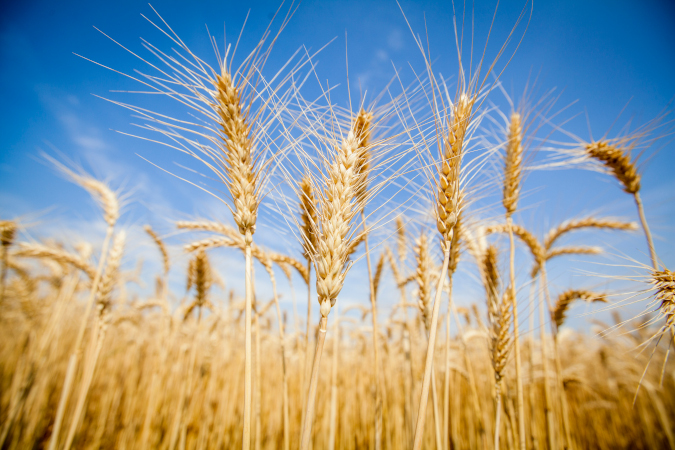In a move to provide relief to the farming community, the government is expected to announce a reduced power tariff for the agriculture sector in the country.
National Food Security and Research Minister Syed Fakhr Imam told a meeting in Islamabad on Friday that the ministry of power is in the process of moving a summary to the Economic Coordination Committee (ECC) of the cabinet proposing new power tariffs for the agriculture sector.
Mr Fakhr Imam said that the issue will be resolved in collaboration with provincial governments since after the eighteenth constitutional amendment, most of the components of the agriculture sector relate to provincial governments.
It may be recalled that the farming community has been voicing their concerns over the rising cost of electricity as the major input, and demanding the government to introduce concessional power tariffs for the agriculture sector which would help increase yield per acre of various crops.
Progressive farmers showed their concern on withdrawal of concessions on various agricultural inputs and agricultural commodities, while farmers belonging to south Punjab raised the issue of water shortages and theft.
During the meeting, farmers and growers raised the point that fuel price adjustment on electricity bills of agricultural tubewells be divided into the whole of year with a flat rate.
According to representatives of farmers the cost of production has increased manifold, demanding that the government should ensure the availability of fertilizer for the current rabi season and remove GST on pesticides and other preventive products used by growers of cotton ahead of the next kharif season.





Good Work
Price of agriculture electric motor per unit